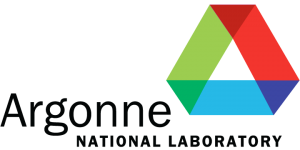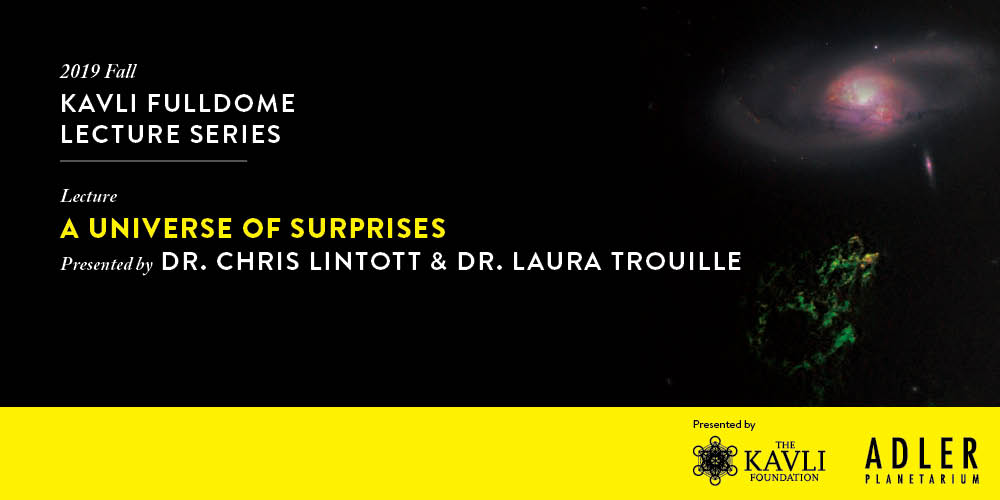Listen Up: Catching Hearing Loss Early Can Make A Difference
Comment by Robert J. Kriss, C2ST, Editor
Sumit Dhar, chair of Northwestern’s Department of Communication Sciences and Disorders, is sounding the alarm about hearing loss and ways to prevent it through early detection. He and his colleagues have developed tests that can detect the beginning of hearing loss before a person will likely notice it. These tests can be administered to people in their twenties and can play a valuable part in treatment to prevent the gradual loss of hearing over time — intervening before the deterioration is noticeable and possibly irreversible. As Professor Dhar says: “These new treatments need to be started in a preventive way rather than waiting to fix the organ when it’s half dead.” Read more about Dhar and the tests that can make a difference in your life here.
![]()
Tuned in to Ear Health
By Matt Golosinski
Originally published at: https://www.research.northwestern.edu/tuned-in-to-ear-health/


